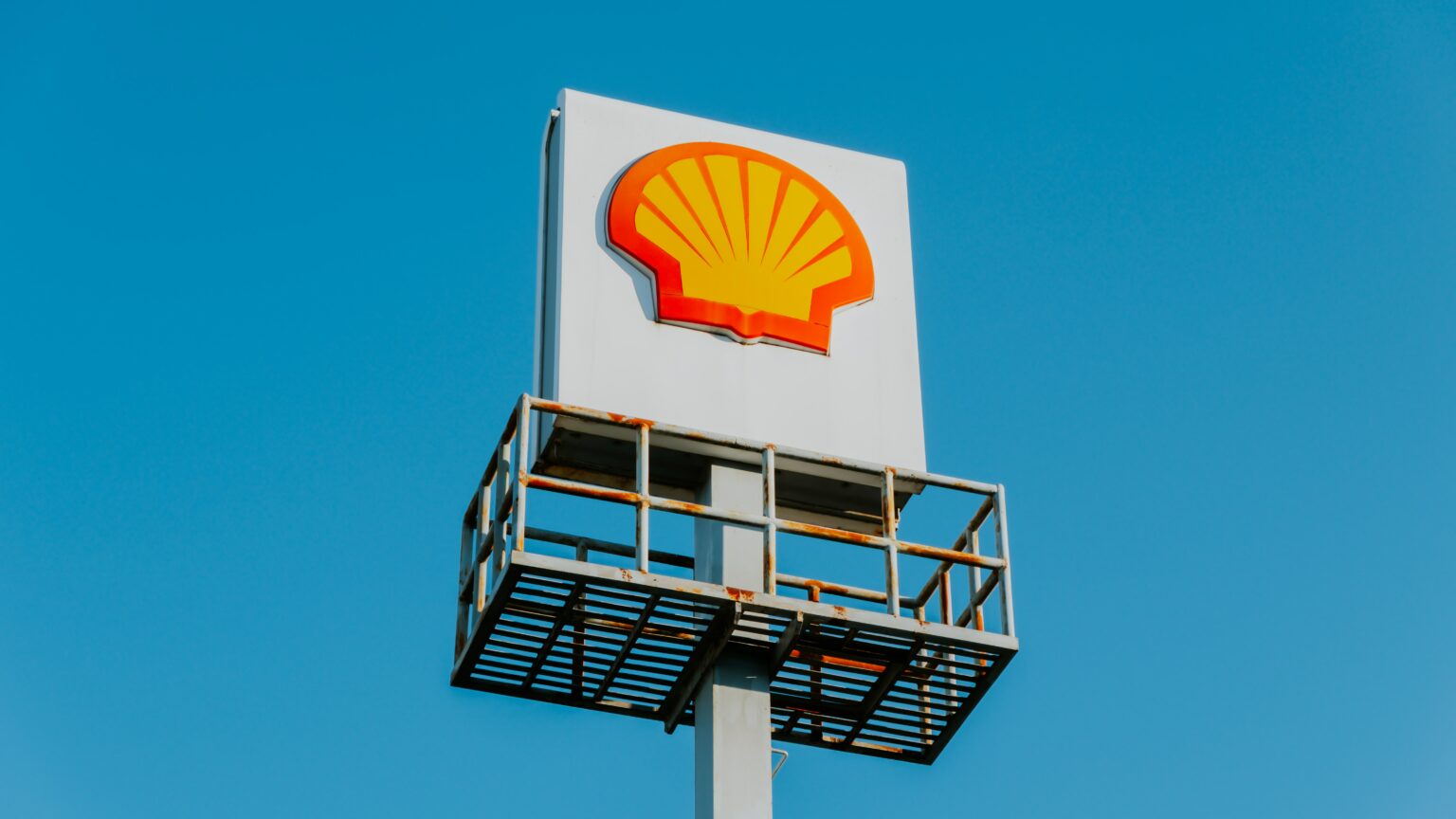Oil giant Shell has shuttered seven hydrogen refueling stations in California, dealing a blow to the hydrogen-powered passenger car market in the US.
Shell’s closure of hydrogen refueling stations in California underscores the vulnerability of the hydrogen fuel cell market. The cancellation of plans to construct new stations last year, coupled with supply challenges and economic uncertainties, has prompted Shell to shift its focus away from hydrogen refueling for passenger vehicles.
While hydrogen fuel cell technology offers zero-emission transportation, it struggles to gain traction amid high production costs and limited infrastructure. Shell’s decision to prioritize investments in hydrogen for heavy-duty mobility and electric vehicle charging reflects the shifting dynamics of the clean energy landscape.
Despite efforts by automakers to invest in hydrogen fuel cell production, battery electric vehicles continue to dominate the market. With only 3,143 hydrogen-powered vehicles registered in California in 2023, compared to nearly 400,000 battery electric cars sold, the closure of Shell’s refueling stations exacerbates the challenges faced by hydrogen fuel cell vehicles.
Shell’s decision highlights the need to reassess the role of hydrogen in the clean energy landscape. Despite the setback, investments in hydrogen fuel cell production projects by automakers signal ongoing interest in the technology. The closure of Shell’s hydrogen refueling stations presents an opportunity to explore new pathways for the development and deployment of hydrogen fuel cell technology.
